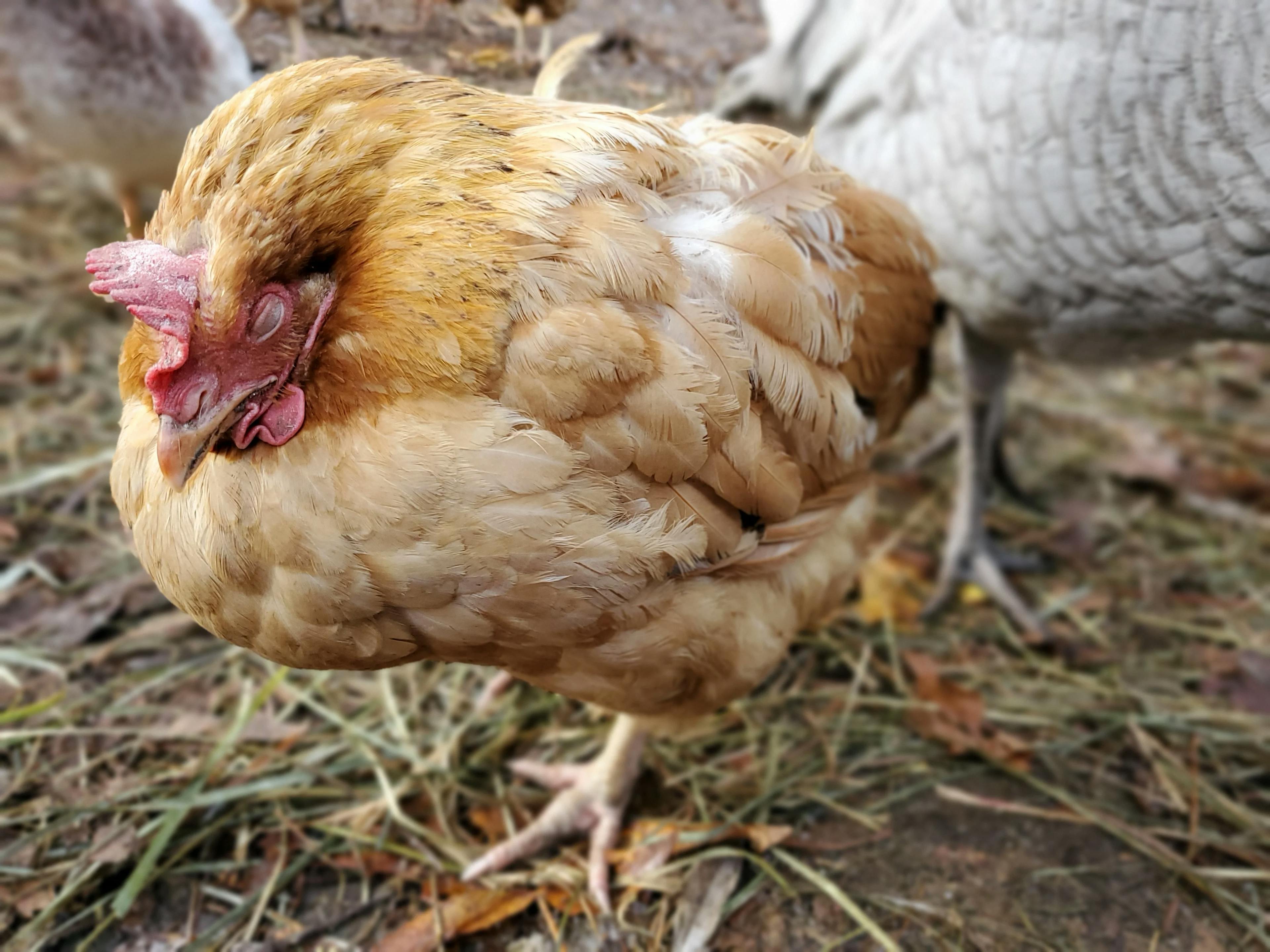
If you're venturing into chicken farming, whether for eggs or meat, ensuring the health of your flock is paramount. One of the biggest threats to chickens, particularly young ones, is coccidiosis, a disease that can devastate a flock if not managed effectively.
Coccidiosis, as highlighted by experts like the Chicken Chick, is a common yet dangerous intestinal disease caused by parasites that latch onto a chicken's intestines. These parasites disrupt the normal functioning of the intestines, leading to poor nutrient absorption and, in severe cases, death.
The lifecycle of coccidiosis starts with microscopic eggs called oocysts, which are passed out in the chicken's droppings. These oocysts can survive in the soil for long periods, becoming infectious under specific environmental conditions, such as warmth and humidity.
When conditions are right, the oocysts become active and can be ingested by chickens through their feed, water, or pecking at the ground. Once inside the chicken's digestive system, the oocysts hatch and begin to multiply rapidly, causing extensive damage to the intestinal lining.
Although all chickens carry some form of coccidiosis, not all develop the disease. However, young chickens are particularly vulnerable because their immune systems are still developing. Adult chickens can also carry and spread the disease, making biosecurity and cleanliness crucial in preventing its spread within the flock.
Regular cleaning of feeders, waterers, and the coop environment, along with proper hygiene practices when handling chickens and equipment, can significantly reduce the risk of coccidiosis. Additionally, some preventive measures, such as using medicated feed or incorporating natural supplements known to boost immunity, can further protect your chickens from this harmful disease.
By understanding the lifecycle of coccidiosis and implementing proactive measures, you can safeguard your flock's health and ensure they thrive in your care.
Symptoms
Coccidiosis manifests rapidly, typically showing symptoms within 4 to 8 days after exposure. The onset of symptoms can be gradual or sudden, with affected chickens appearing healthy one day and severely ill the next.
The primary symptom of coccidiosis is the presence of blood or mucus in the chicken's droppings. However, it's essential to note that reddish droppings may not always indicate coccidiosis, as they can also result from normal shedding of cecal cells. To confirm an infection, veterinary testing of the droppings is necessary.
Other signs of coccidiosis may include:
- Weakness and listlessness
- Decreased food or water consumption
- Ruffled feathers
- Weight loss (in older chickens)
- Decreased growth rate (in young chickens)
- Pale comb or skin
- Failing to lay eggs or laying eggs inconsistently
- Diarrhea
- Blood located at the vent site of the bird
It's important to recognize that not all chickens will exhibit the same symptoms, and some may not show any signs at all.

Treatment
Coccidiosis can be effectively treated if detected early, and treating the entire flock is essential to prevent the spread of the disease.
The most commonly used treatment for coccidiosis is Amprolium, which works by inhibiting the parasite's ability to multiply and thrive.
Treatment typically involves adding Amprolium to the chickens' water supply. However, if some chickens are not consuming enough water due to illness, the medication may need to be administered orally.
The treatment regimen usually spans 7 days, although chickens often show signs of improvement within 24 hours. In environments prone to high humidity or warmth, a second dose of treatment may be necessary after a break to ensure complete eradication of the infection.
Amprolium can also be used preventatively to safeguard against future outbreaks of the disease. For personalized guidance on treatment and prevention strategies for your flock, it's advisable to seek advice from a veterinarian. They can provide tailored recommendations based on your specific circumstances.
Prevention/Control
Prevention and control measures are crucial to safeguarding your flock from coccidiosis. While they may not guarantee complete immunity, these strategies significantly reduce the risk of outbreaks and promote the overall health of your chickens.
-
Practice Good Biosecurity: Avoid using the same clothing, footwear, or equipment for different activities or on neighboring farms to prevent cross-contamination of coccidiosis strains.
-
Quarantine New Flock Members: Keep new chickens at least 12 yards away from existing flock members for a minimum of 3 weeks to monitor their health and prevent disease transmission.
-
Maintain Clean Water Supply: Regularly clean waterers to prevent contamination, and consider using poultry nipple waterers for a cleaner water source that reduces disease transmission.
-
Ensure Clean Feeding Areas: Avoid scattering food on the ground to prevent contamination, and maintain clean, dry feeding areas to minimize disease spread.
-
Keep Coops and Brooders Clean: Regularly clean and dry coop bedding and brooders to create an environment less conducive to coccidiosis parasite growth.
-
Provide Adequate Space: Avoid overcrowding to reduce disease spread; ensure each chicken has sufficient space and ventilation in coops, runs, and brooders.
-
Use Medicated Starter Feed: For unvaccinated chicks, use medicated starter feed to expose them to low levels of coccidiosis strains. Avoid this for vaccinated chicks.
-
Promote Natural Immunity: Introduce chicks gradually to the chicken yard to build natural immunity to coccidiosis strains present in the environment and flock.
-
Add Probiotic Supplements: Supplement chicks' water with probiotics to promote competitive exclusion, reducing the risk of coccidiosis and enhancing overall immunity.
By implementing these preventive measures and maintaining a healthy environment, you can significantly reduce the likelihood of coccidiosis outbreaks and ensure the long-term health and productivity of your flock.
